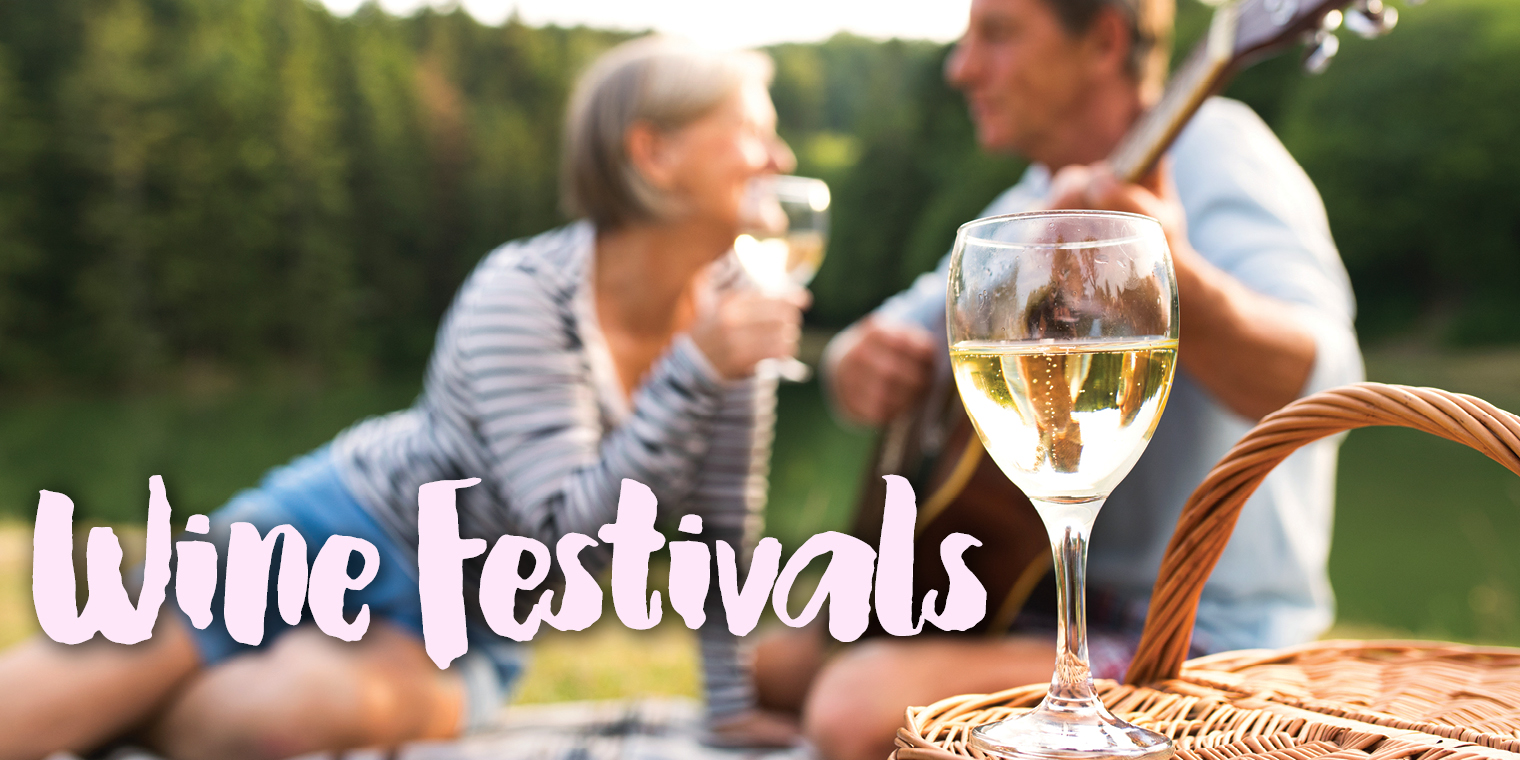Virginia’s Wineries Commit to Environmentally-Responsible Operations
Number five in the nation for wine production, but still number one in our hearts, Virginia wineries and vineyards offer a pleasant respite from busy lives. With such beautiful settings and delicious quaffs, one can only relax and enjoy without thinking of the cares of the world.
Not so for the winery owners and winemakers, for many view the earth as under their care, and an increasing number of Virginia wineries are making a voluntary commitment toward sustainability and protecting and preserving the precious earth from which their bounty flows, putting “green” atop their list of reds and whites.
Their efforts to lessen their environmental impact include:
- Recycling, composting, and waste reduction
- Minimizing use of fertilizers and chemicals
- Harnessing of alternative energy methods to reduce water and energy consumption
- Geothermal heating and air conditioning systems
- Stormwater collection for flushing toilets and irrigation
- Organic farming
- Promotion of green events
This move toward sustainability is supported by the Virginia Department of Environmental Quality’s Virginia Green Wineries initiative, a self-certifying program in which facilities must verify they are practicing green core activities. Currently 23 wineries are listed on its website.
Here are some of the ways Virginia’s wineries are “going green.”
Sunset Hills Vineyard
Located in Purcellville, Sunset Hills Vineyard made the decision to utilize innovative, green technology whenever possible. They installed 245 solar panels on the south-facing roofs of the winery and case storage buildings that supply 100% of their electrical needs, making them the largest producer of solar energy in Loudoun County.
The solar panels produce 80,000 Kilowatt hours of clean power each year, thus reducing carbon dioxide (CO2) emissions comparable to planting 240,000 trees annually. They call it “turning sunshine into wine.”
Other green initiatives include minimal use of chemical pesticides and herbicides, recycling vineyard waste such as spent grape skins and pomace back into the vineyard as fertilizer and weed controller, employing manual labor instead of motorized vehicles, and creating plant environments to attract bluebirds and beneficial insects.
CLOSED North Gate Vineyard
Also in Purcellville, North Gate Vineyard features an environmentally-friendly 100% solar-powered tasting room built to LEED Gold Specifications—the first of its kind in Loudoun County and the second in Virginia. Through a 22 Kilowatt solar array, they generate enough energy to power their needs and sell excess electricity back to the grid for energy credits. Energy curious? View their solar panel monitor on display in the tasting room.
The tasting room also features local, reclaimed, recycled, and sustainable building materials and décor that include reclaimed wood tables, bar and mantle, with the bar top created from recycled wine and beer bottles (Enviroglass), a fireplace made from Shenandoah stone, and Cali-bamboo flooring. The building itself is highly insulated, using high-efficiency heat pumps for air conditioning, and plenty of daylight to decrease energy use. Even the landscape is sustainable, using native plants in a design created by the Loudoun Master Gardeners.
53rd Winery and Vineyard (Cooper Vineyards)
Louisa’s 53rd Winery and Vineyard (Cooper Vineyards) was the first Virginia winery, and only the second in the nation, to feature a LEED tasting room when it opened in 2011. Earning a LEED platinum designation, its stunning design, with a geothermal heating and cooling system and two complete walls lined with glass that extends upward for two stories, create an “indoor/outdoor” space that can be enjoyed regardless of the weather. The surrounding landscape seems to flow from the windows, fostering the impression that the tasting room is an outgrowth of the vineyards themselves.
Built with the aid of a USDA grant, the $1.5 million green building also features low-flow fixtures that reduce water usage by 40%, low-voltage LED lights, solar panels, and a 50%-recycled countertop.
Veramar Vineyard
Wanting to be one of the leaders in sustainable grape growing in Virginia, some of the practices used at Veramar Vineyard include planting of beneficial cover crops, safe and controlled spraying of soft pesticides such as biodegradable oils, soaps and plant extracts, and conducting ongoing research into environmentally-friendly methods of pest control. Their philosophy is to ensure that the land remains healthy and production for future generations.
Gadino Cellars
Pulling from the Italian traditions of their grandfathers, the owners of Gadino Cellars in Washington, VA believe that growing and making wine with their own hands is the way to recreate the tradition of a small farm market where people can buy fresh and local. Similar to sustainable farming, the grapes are grown on their own land, and by using modern equipment with minimal processing, their fresh wines avoid heavy preservation methods often found in large production wineries.
Loving Cup Winery and Vineyard
Going organic is another way Virginia wineries are going green, like with Loving Cup Winery in North Garden. It is one of one a few certified organic wineries on the East Coast, earning its certificate after three years demonstrating strict adherence to organic farming federal guidelines.
Being organic means agricultural practices that do not use synthetic substances, like designer pesticides and fungicides. In addition, the term “organic” can only be used on a label if every step of production has been certified, including the materials used to manage the vineyard.
Loving Cup’s method is to grow grapes organically, using hybrid varieties that are fairly resistant to mildew, rots and other diseases, and to maintain a robust population of beneficial insects that keep the bad ones at bay. Their idea is to “farm with nature instead of against it,” using the entire ecosystem.
Enjoying Virginia wines has never been difficult, and now they can go down even easier, with the knowledge that each glass helps the environment.
Resources
53rd Winery and Vineyard (Cooper Vineyards)
www.coopervineyards.com
540-894-5474
Gadino Cellars
www.gadinocellars.com
540-987-9292
Loving Cup Winery and Vineyard
www.lovingcupwine.com
434-984-0774
CLOSED North Gate Vineyard
www.northgatevineyard.com
540-668-6248
Sunset Hills Vineyard
www.sunsethillsvineyard.com
540-882-4560
Veramar Vineyard
www.veramar.com
540-955-5510






